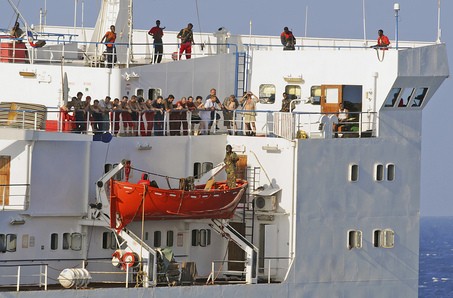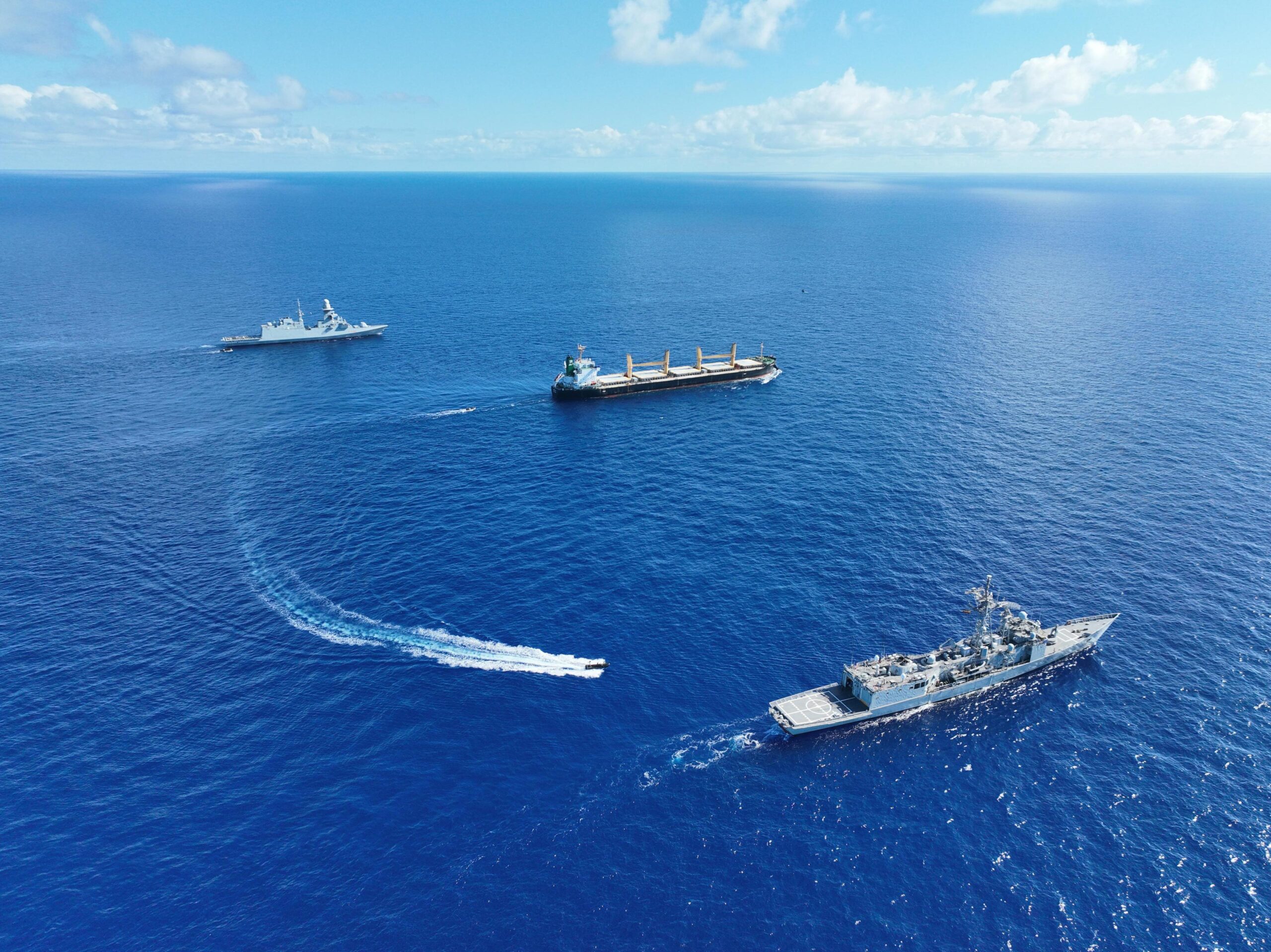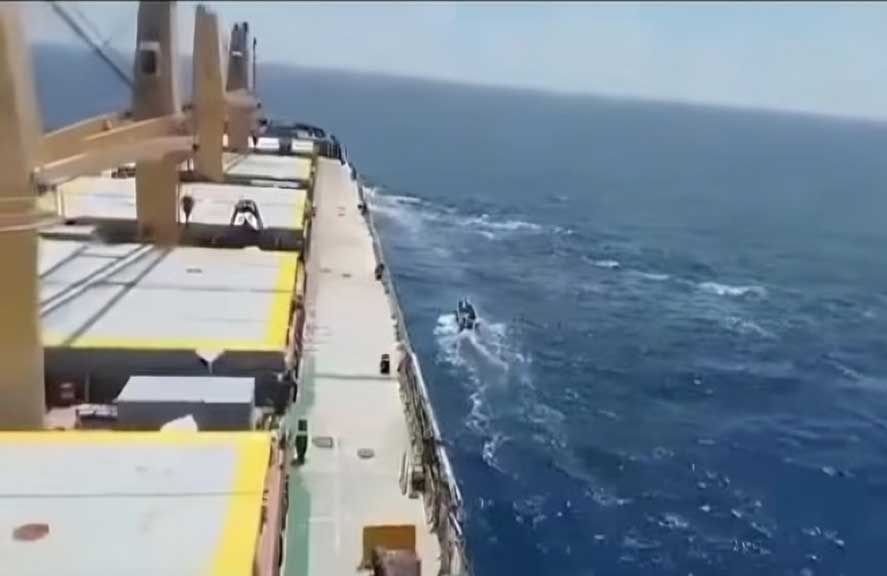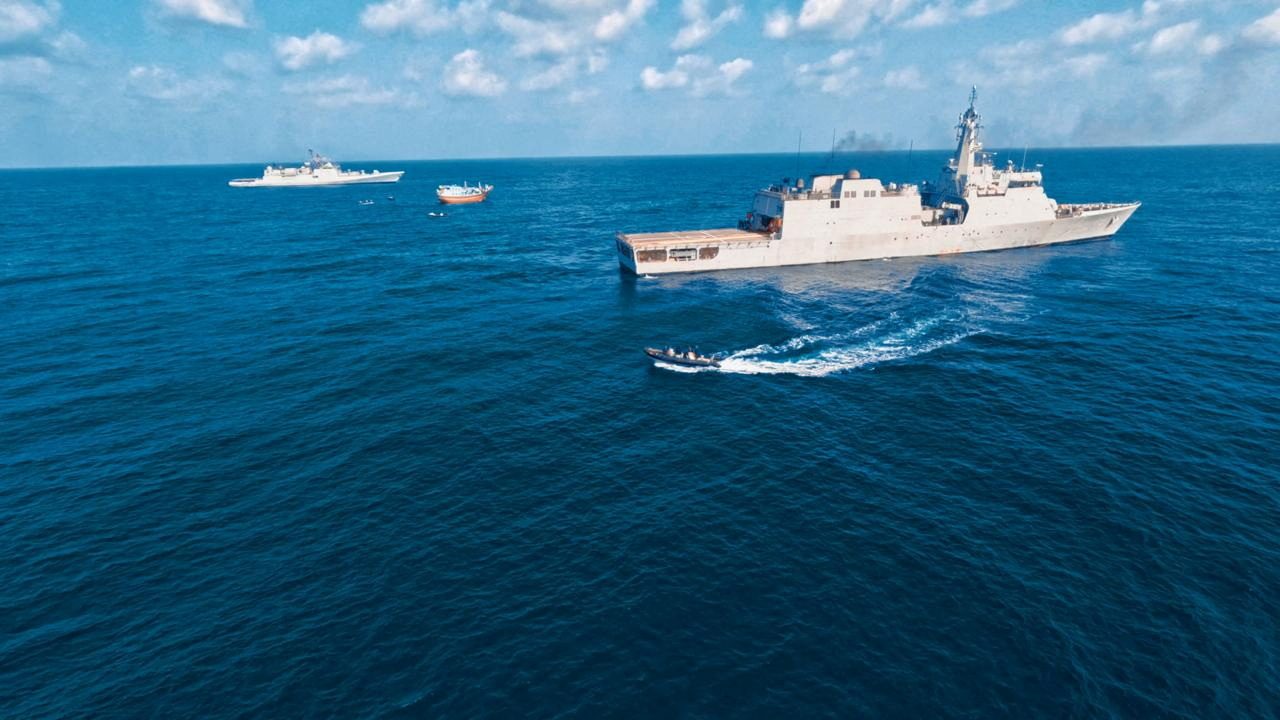Piracy is so rampant right now that it can be easy to lose sight of the human element. Sometimes you must remind yourself that in each headline announcing a hijack, each ship being reported chased and fired upon, or even every vessel that sails through high-risk areas, there are twenty-something crew on board and a web of countless family members and friends impacted.
Well today, a program has been launched in London to help seafarers and families cope with the physical and mental trauma caused by those who have been or may be subject to a piracy attack. The program, called the Maritime Piracy Humanitarian Response Programme (MPHRP), is funded by the ITF (International Transport Workers’ Federation) Seafarers’ Trust charity and The TK Foundation, and speaks for an alliance of shipowners, trade unions, managers, manning agents, insurers and welfare associations representing the entire shipping industry, from crews to owners.
Brutality against hostages is now part of the game says MPHRP. Somali-based pirates now regularly use extreme violence against hostages in order to put pressure on their families and/or employers to expedite ransom demands. This includes phoning family members and making the seafarer plead for his life while he is abused and threatened with death, and filming this and posting it online for relatives to see.
Peter Swift, MPHRP Chair and former MD of INTERTANKO, explains, “Piracy is reaching an all-time high: in the number of incidents, in the vast ransoms demanded and, most of all, in the extreme violence used. The treatment meted out to the victims now frequently crosses the line from savagery into torture.”
“The effects are potentially horrendous,” he continued. “For those, say, who successfully resisted capture but were nearly burnt alive in the room in which they barricaded themselves; for the brutalised hostages; and for those who daily put to sea in fear that it may at any time happen to them. And that’s not to forget the families, who are now firmly on the pirates’ target list.”
Roy Paul, a representative of the ITF Seafarers’ Trust and MPHRP programme manager, added, “until now, there has been little coordinated help for those who are suffering. Now that will change. With the help of those in the industry who want to do their best for those involved, we intend to build up a network of first responders and get psychosocial help for affected crews. We have already been listening to seafarers and recording their experiences. Those will lay the foundation for new guides for seafarers, families and employers, for training in their use, and for building the networks of human and medical help that are now desperately needed.”
There are currently 15 vessels with 277 crew being held hostage, and an additional 19 being held prisoner on land, according to figures by the International Maritime Bureau. Over the last eight years it is believed that some 4000 seafarers have been attacked by pirates or been victims of armed robbers while at work onboard.
Unlock Exclusive Insights Today!
Join the gCaptain Club for curated content, insider opinions, and vibrant community discussions.

 Join The Club
Join The Club













